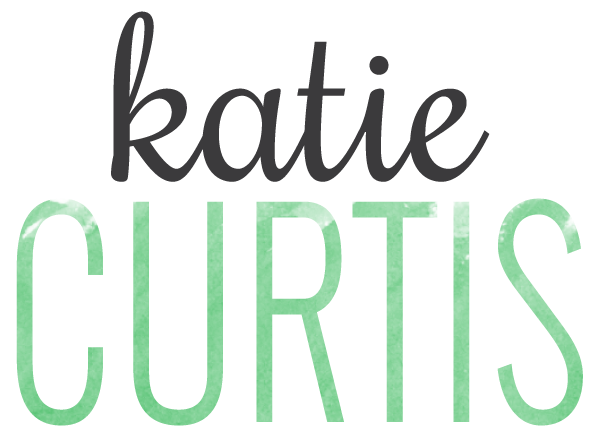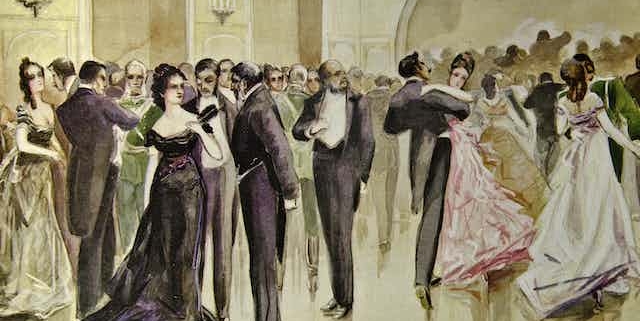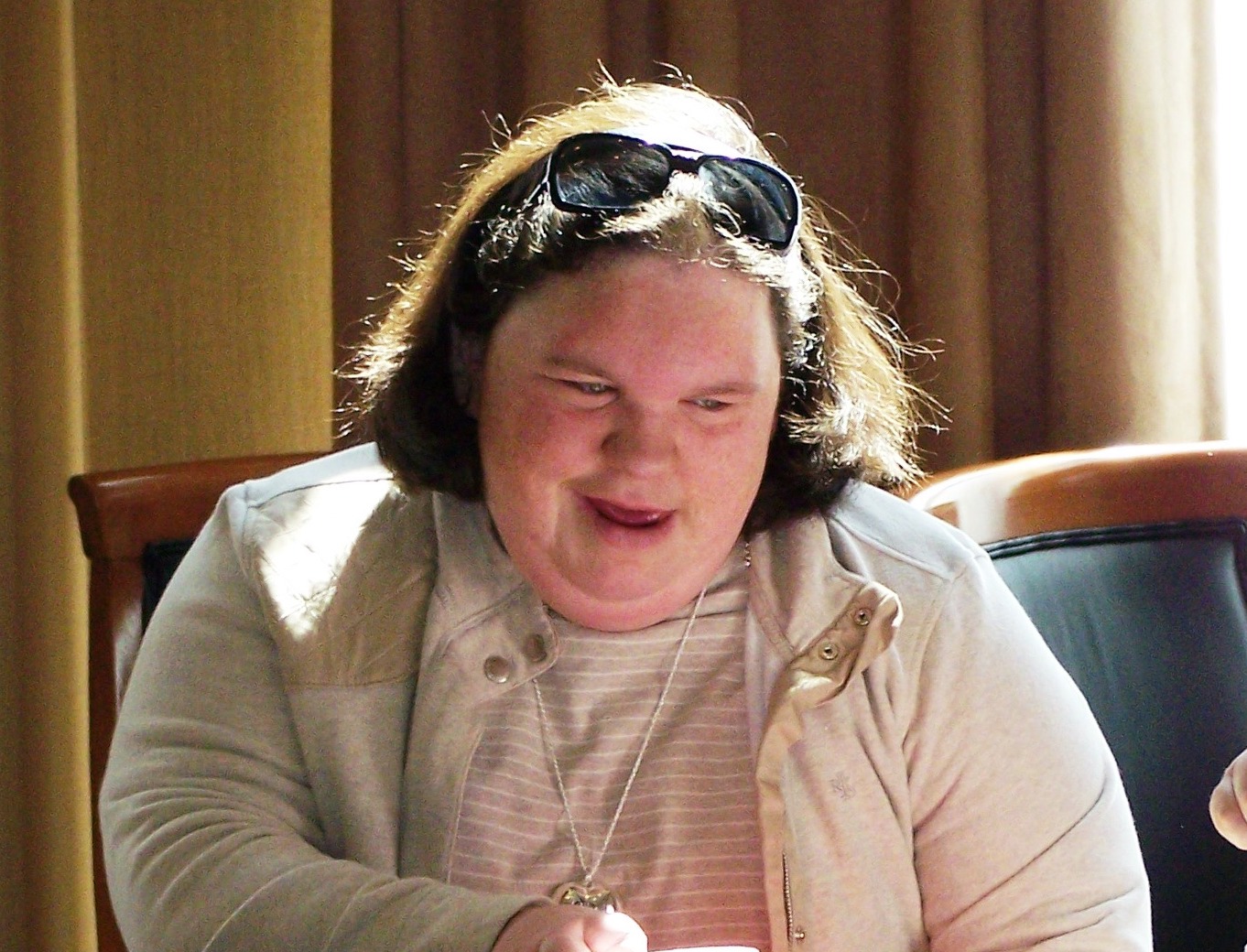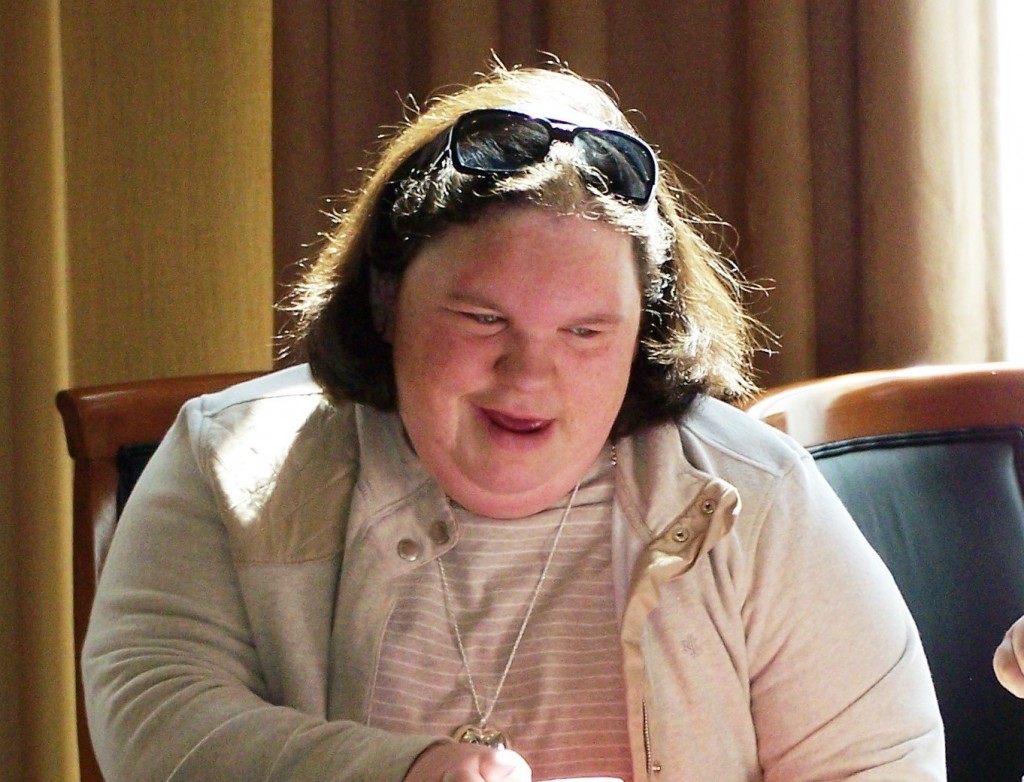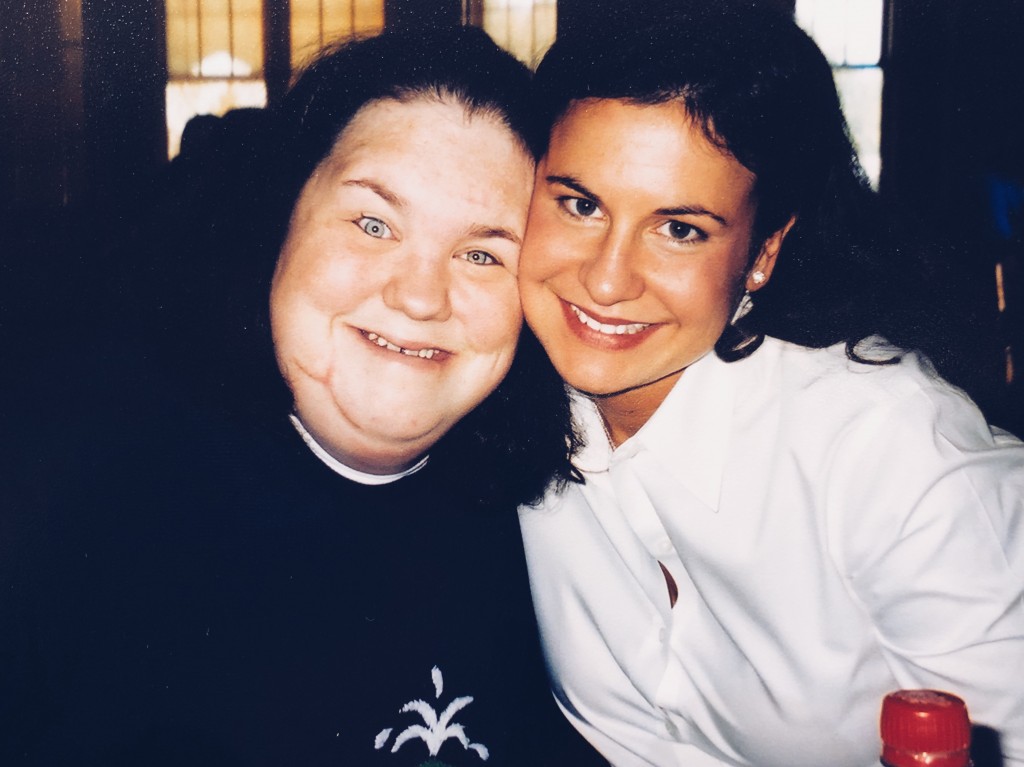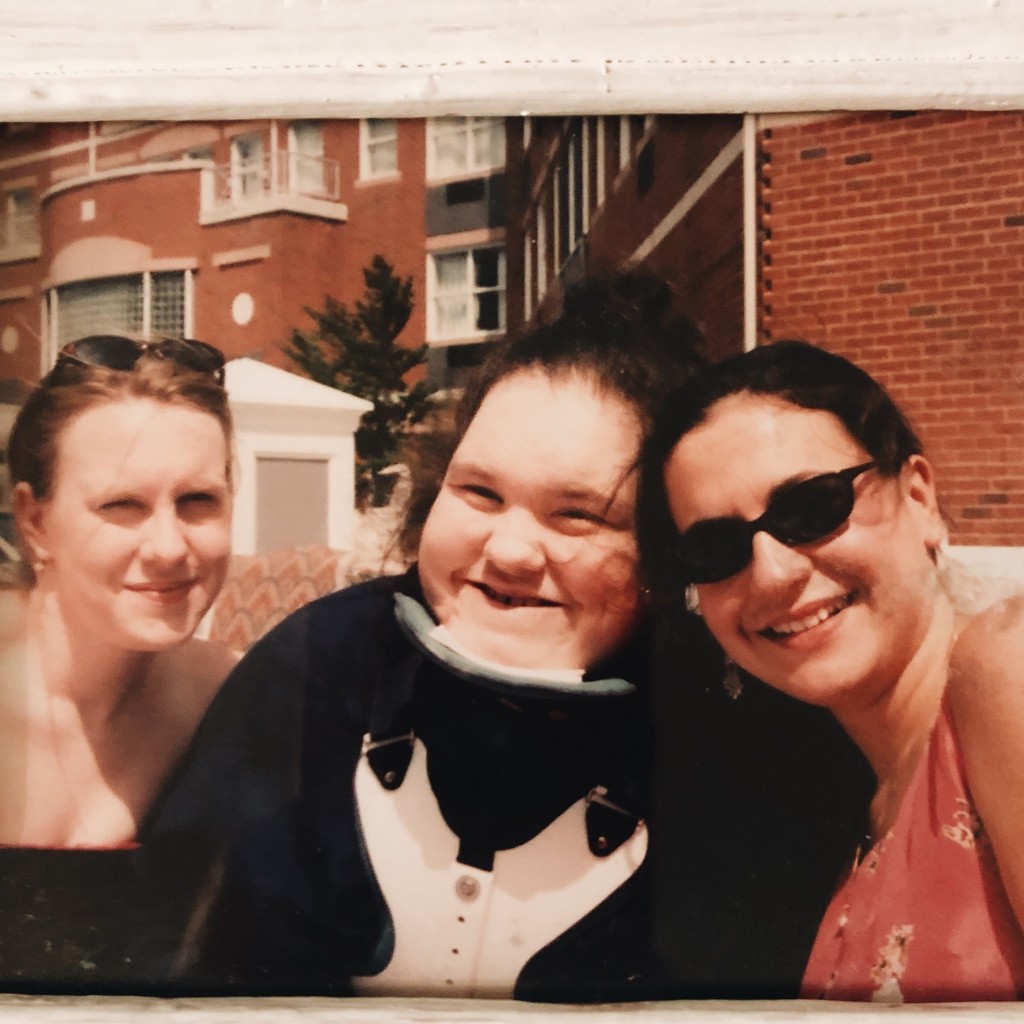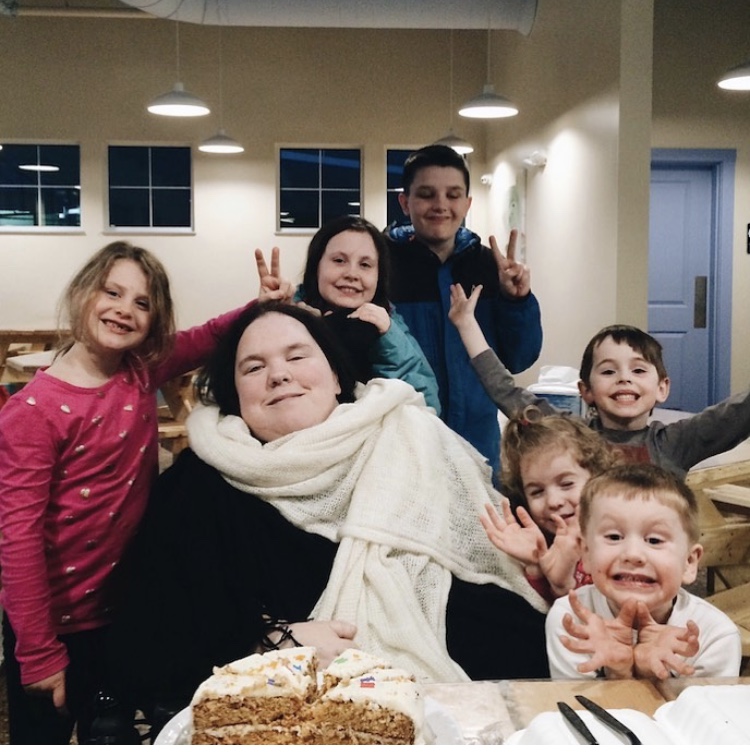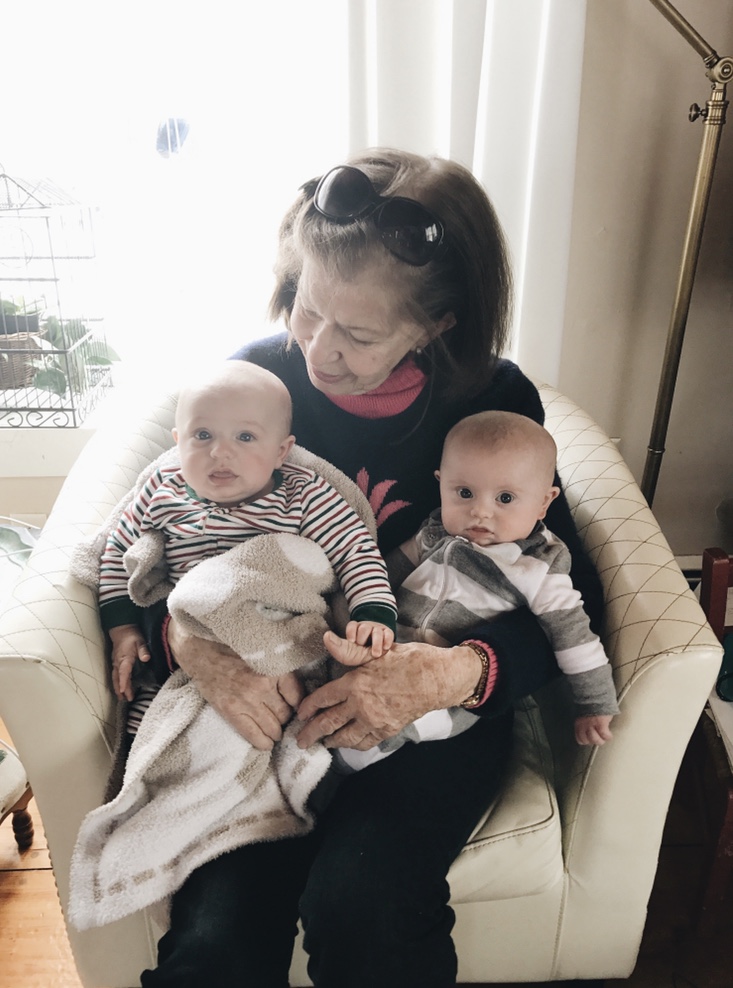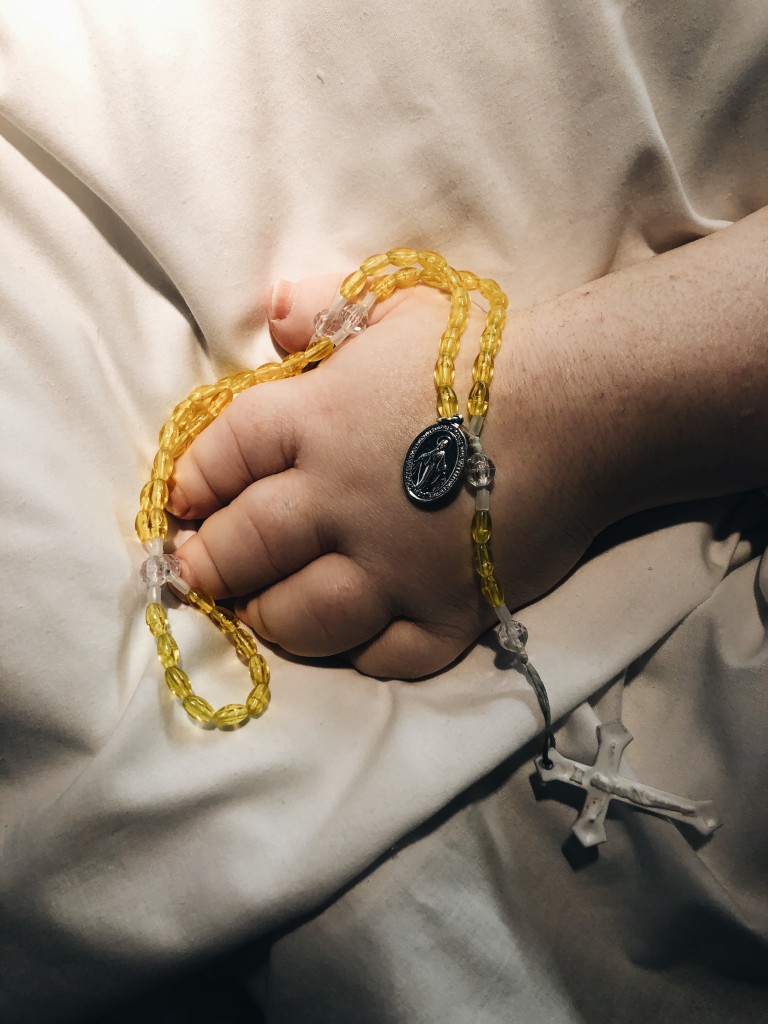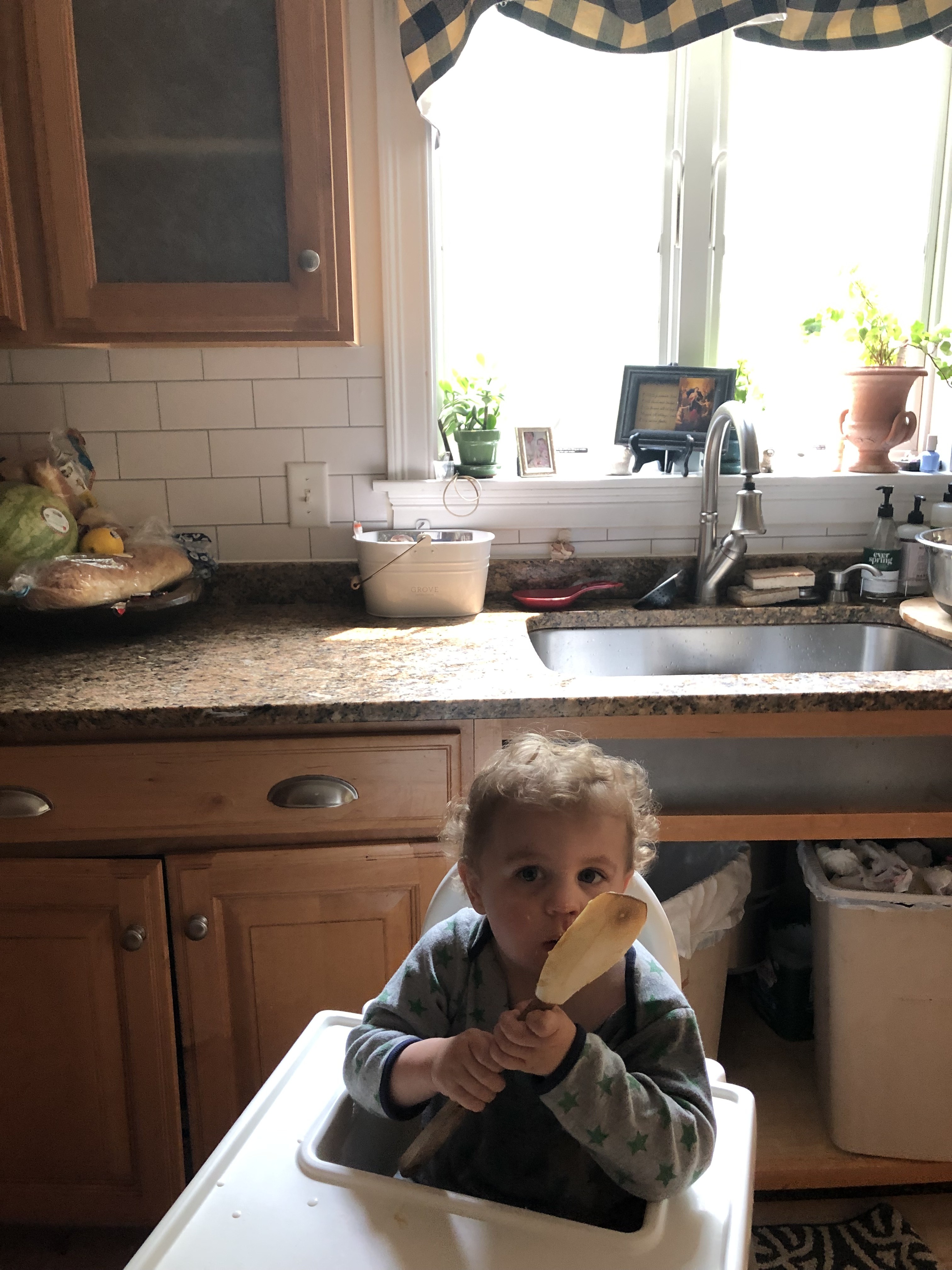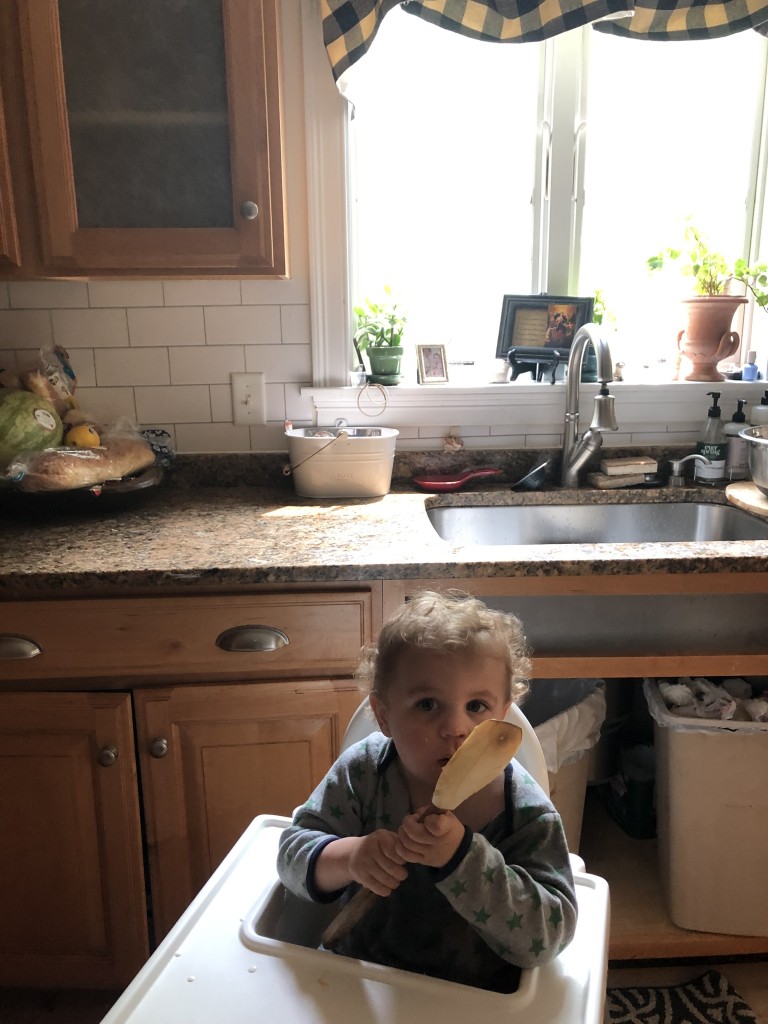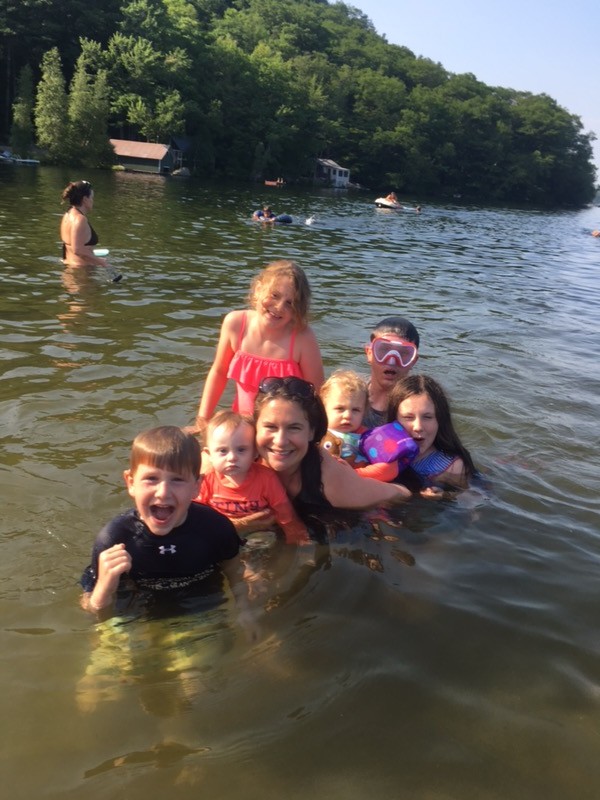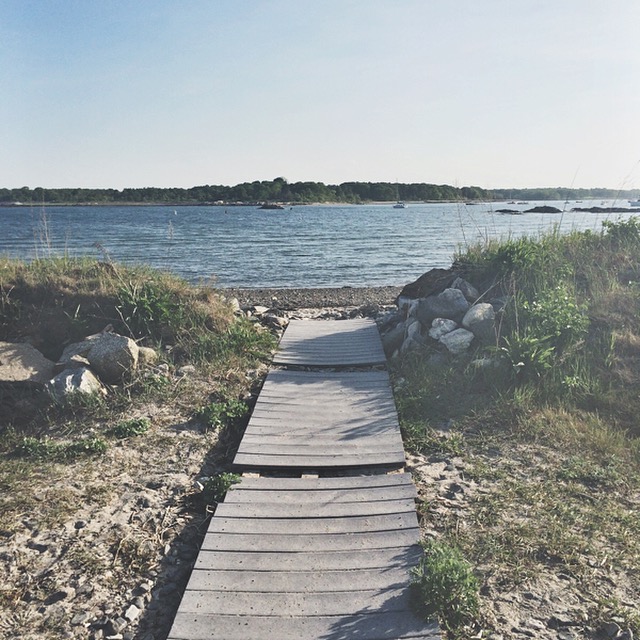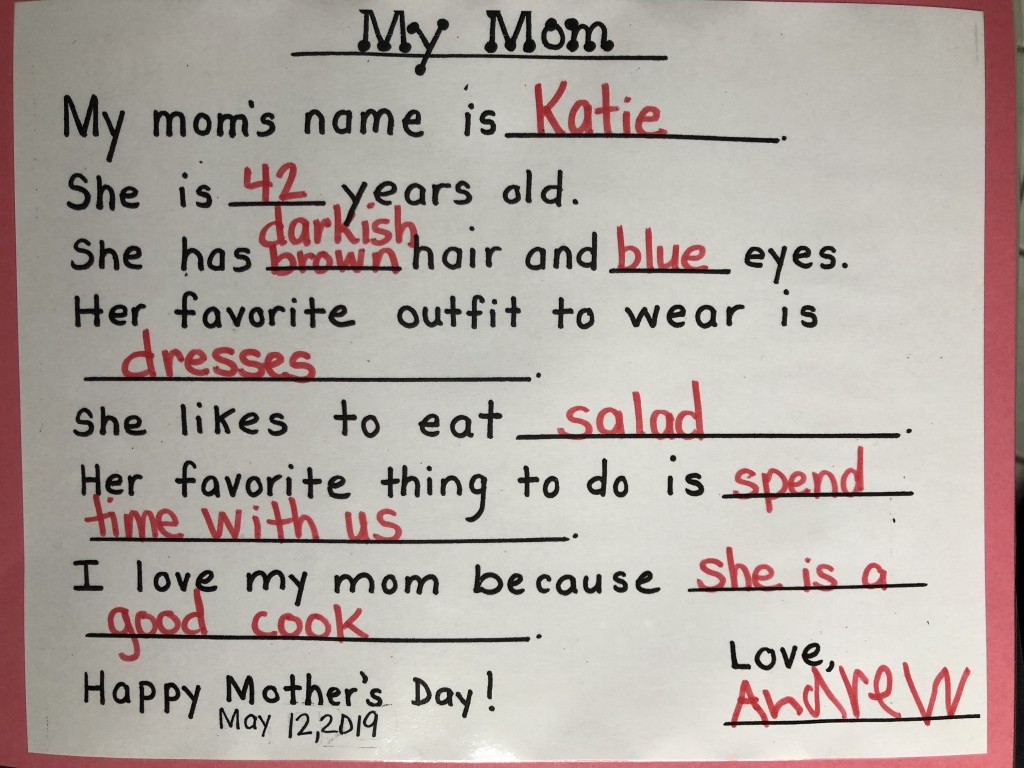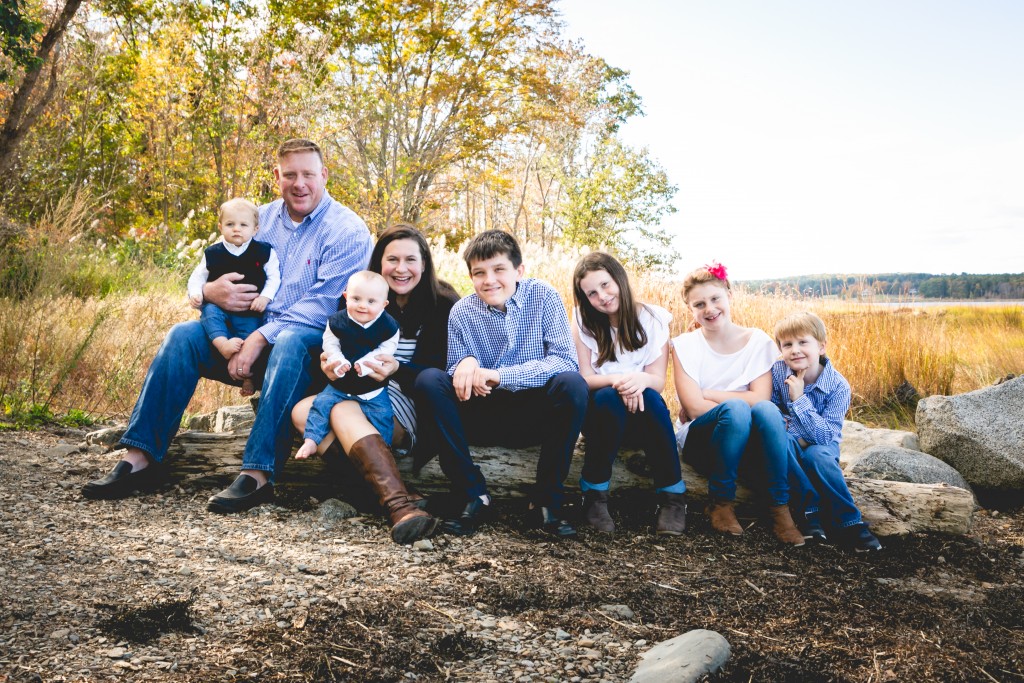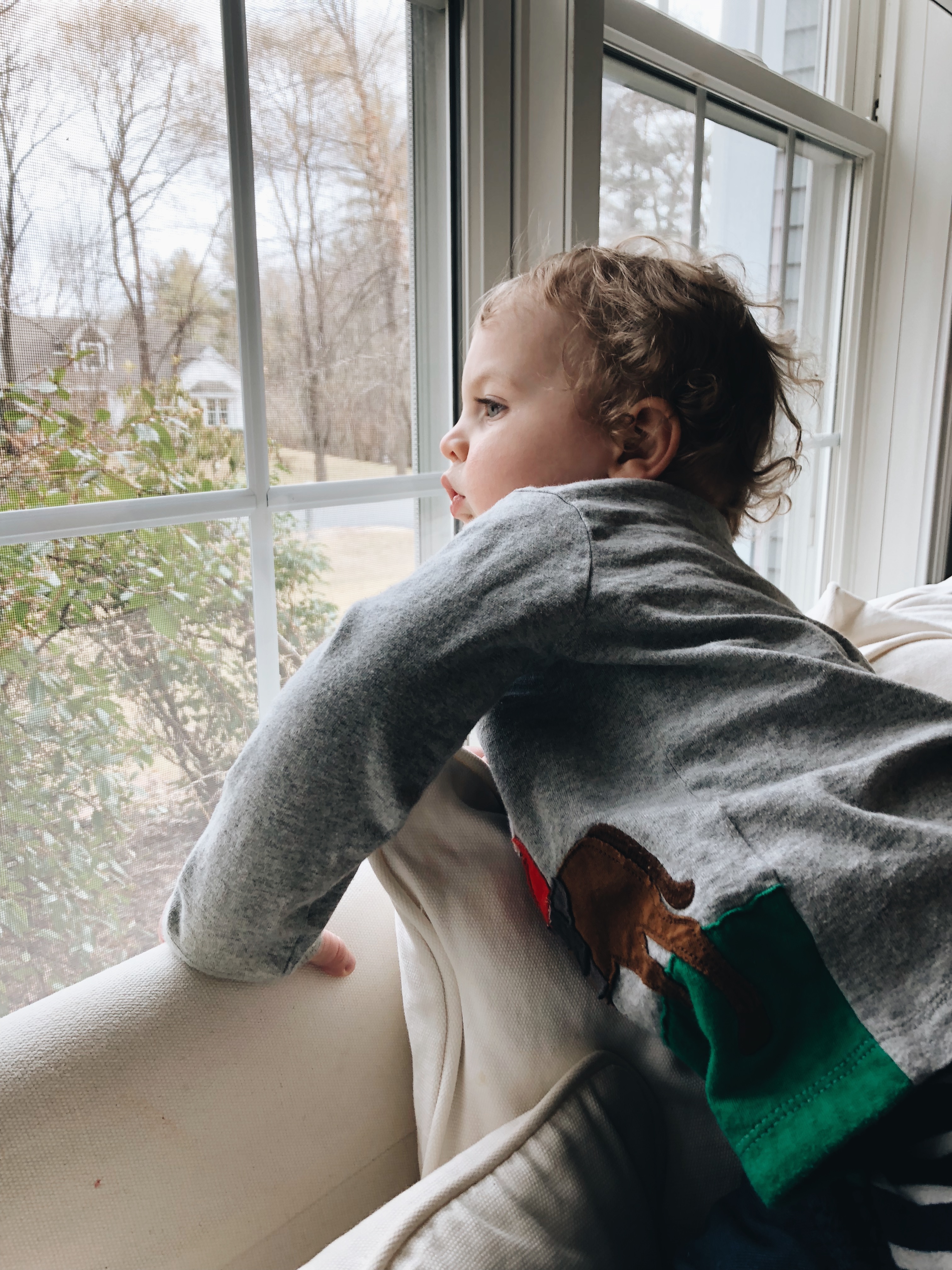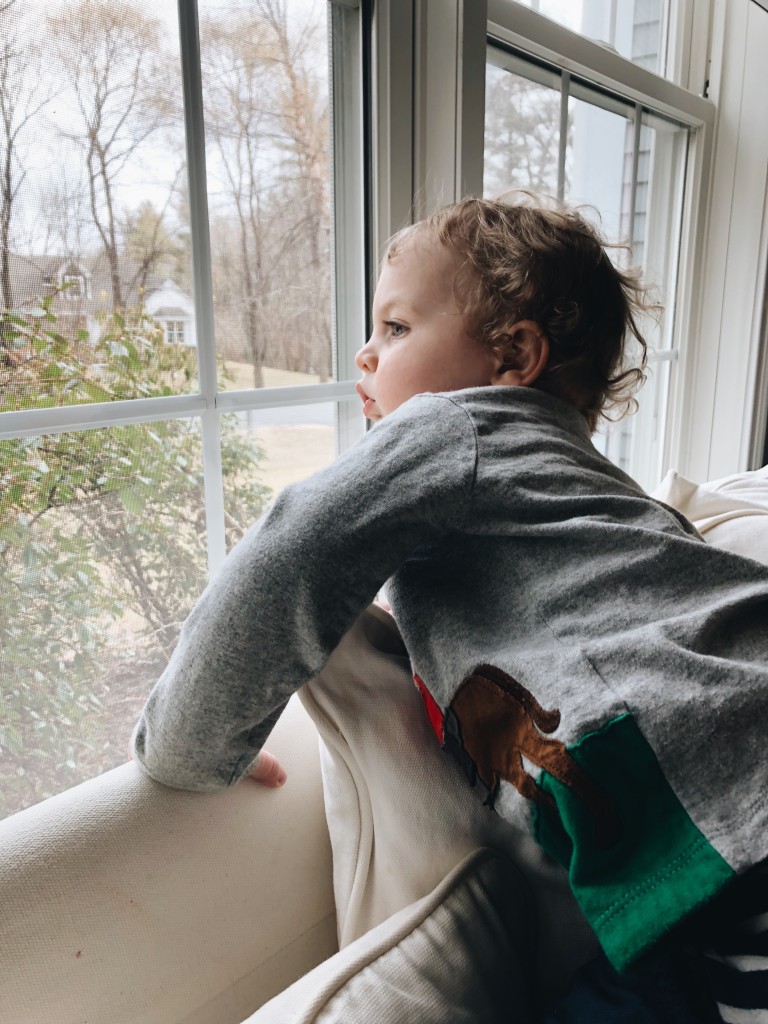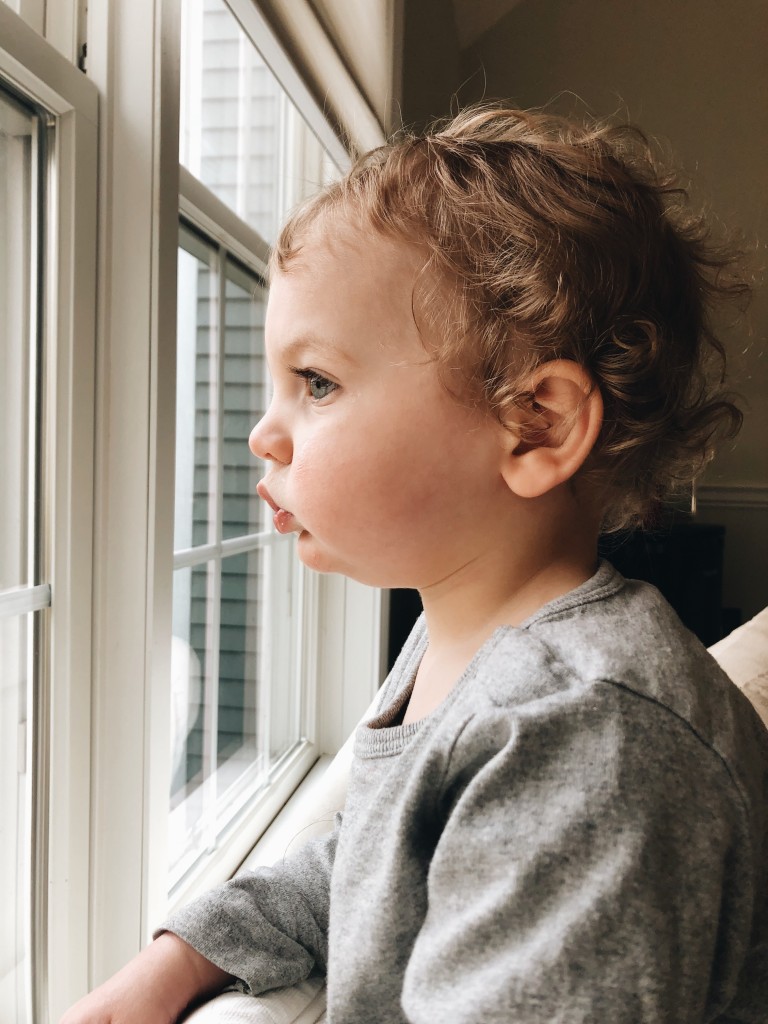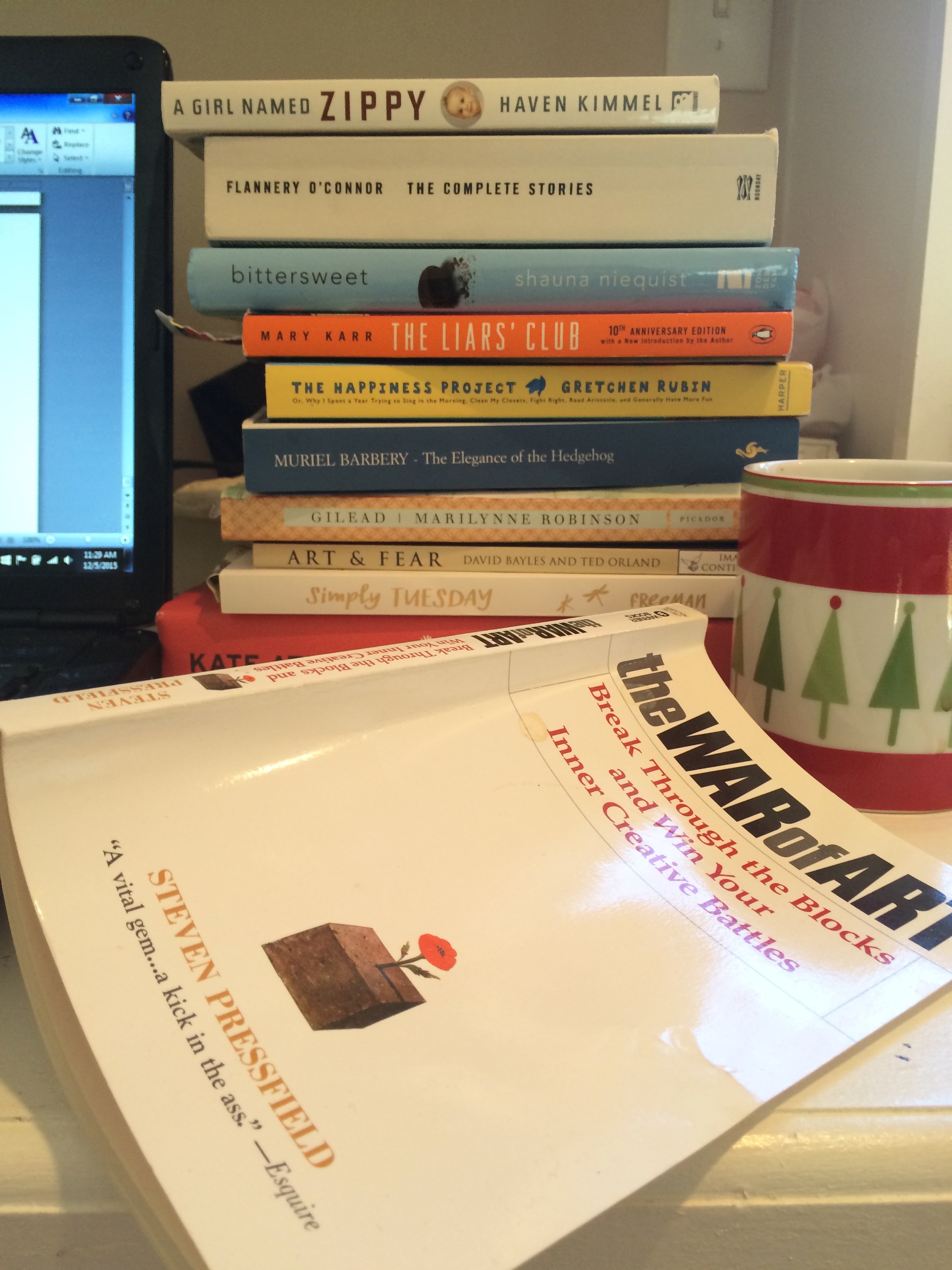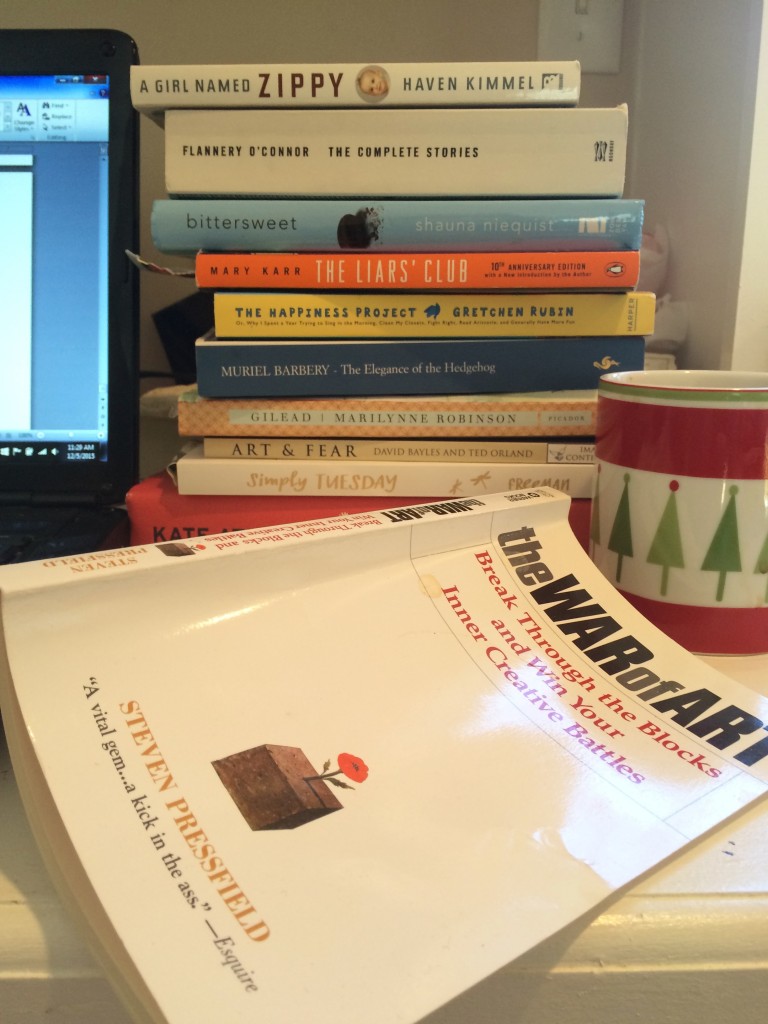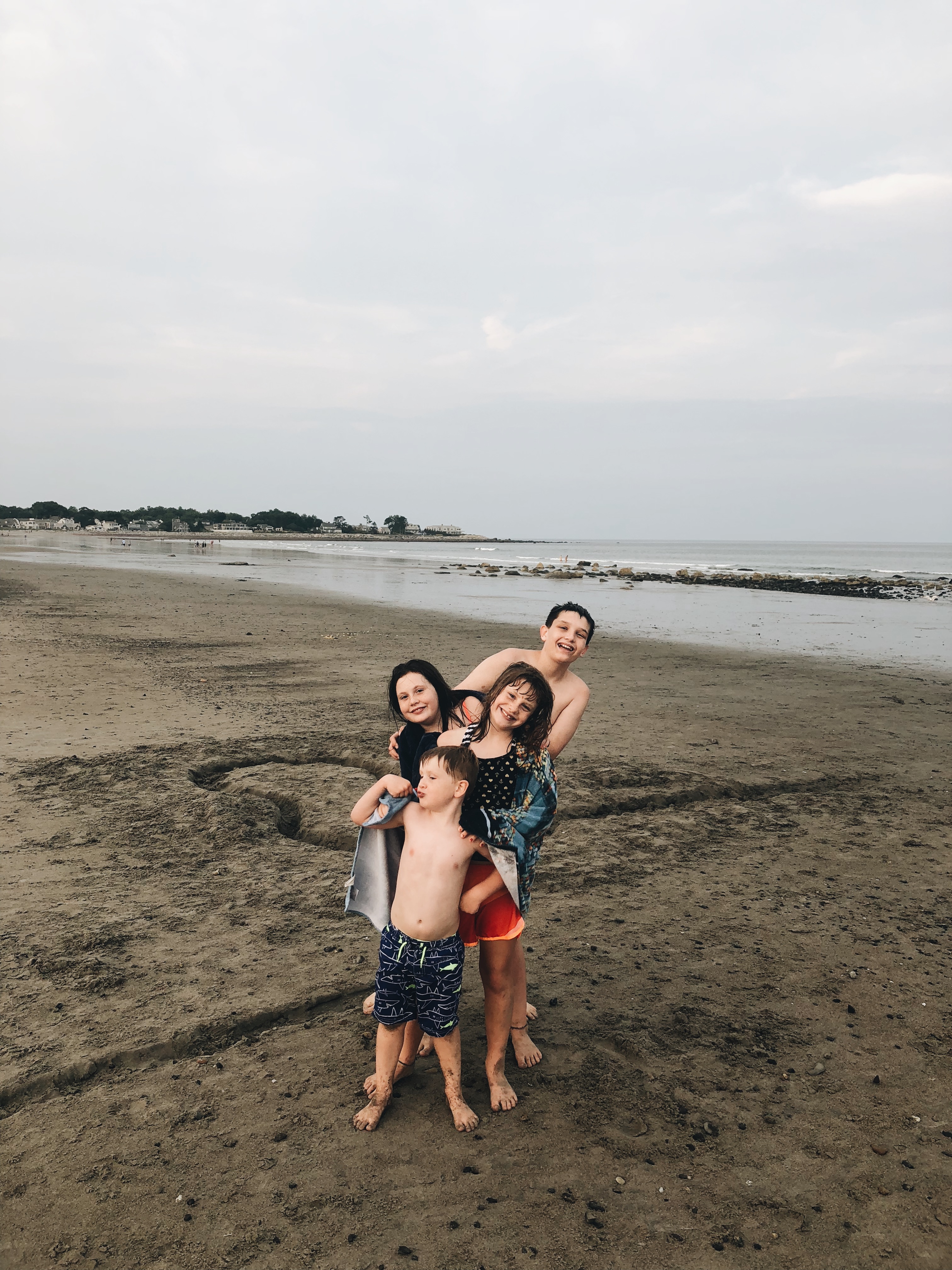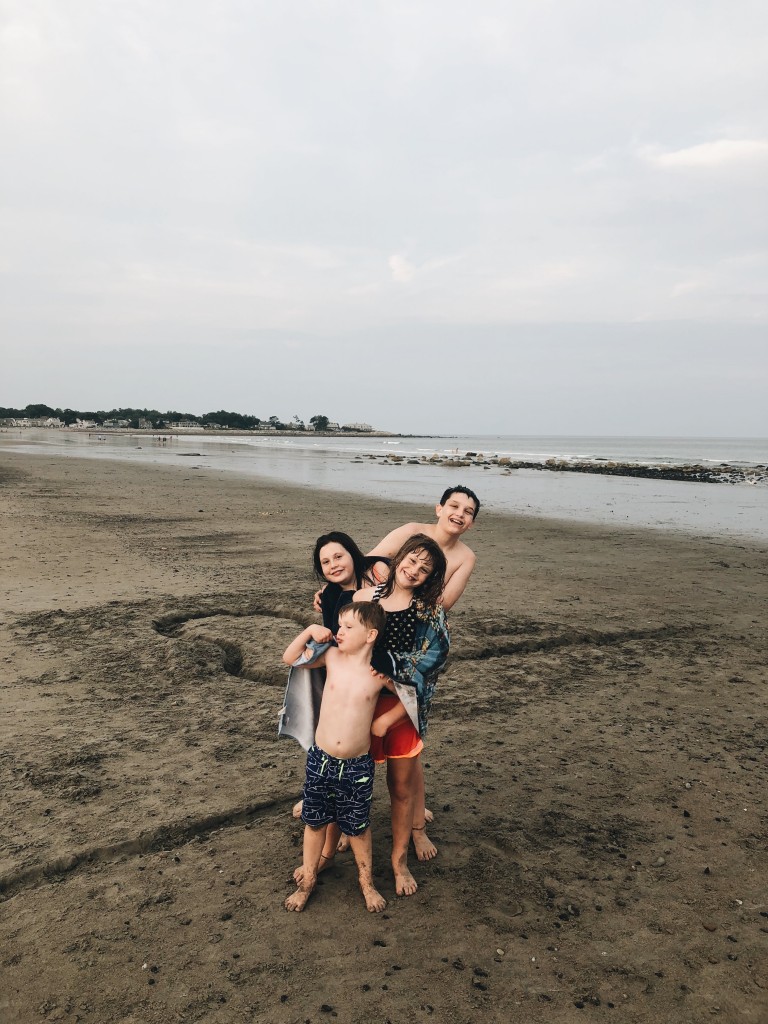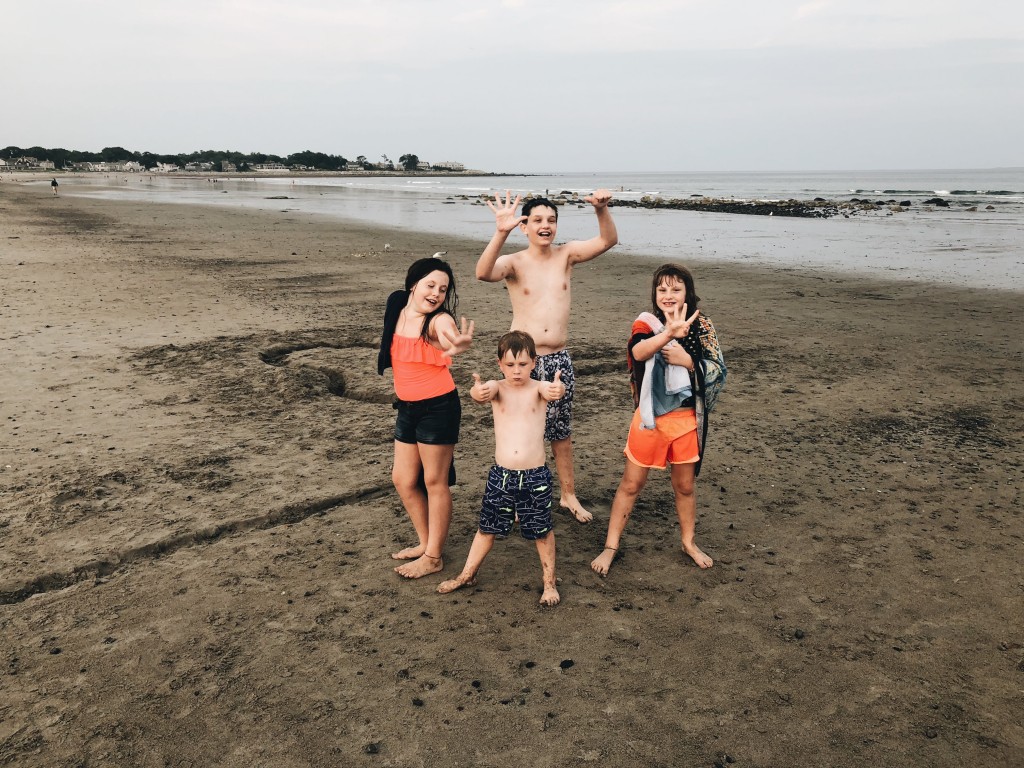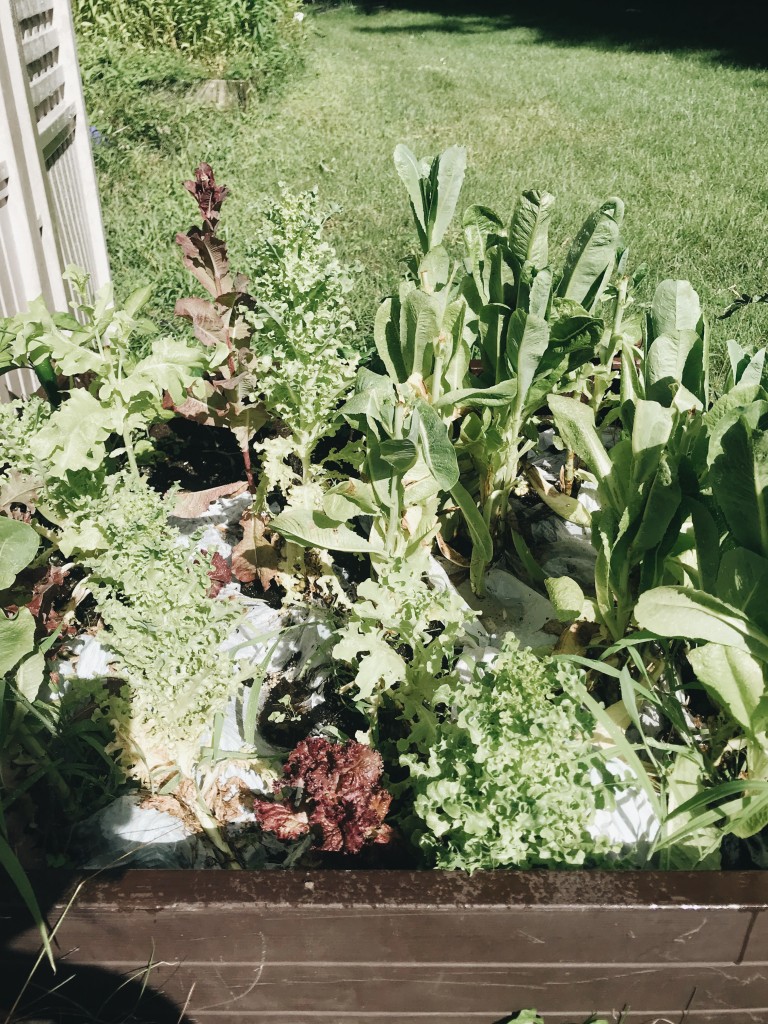The Things Art Can Say
The Things Art Can Say
I recently read an article called ‘Art is for Seeing Evil’ by Agnes Callard, an associate professor of philosophy at the University of Chicago. She writes that in teaching her philosophy classes on subjects like death or identity, she finds she needs to include literature by such writers as Shakespeare, Tolstoy, James Joyce, Elena Ferrante in addition to philosophical texts in order to thoroughly teach on a subject. She writes:
“The situation is this: the topic of the course requires reference to something that doesn’t show up clearly outside the space of artistic fiction. My hand is forced, because without the novels my course omits something that I see as crucial to understanding death, or self-creation, or courage, or self-consciousness. I am talking about evil.”
She goes on to list all suffering as evil.
“I am using the word “evil” to encompass the whole range of negative human experience, from being wronged, to doing wrong, to sheer bad luck. “Evil” in this sense includes: hunger, fear, injury, pain, anxiety, injustice, loss, catastrophe, misunderstanding, failure, betrayal, cruelty, boredom, frustration, loneliness, despair, downfall, annihilation. This list of evils is also a list of the essential ingredients of narrative fiction.”
As a novelist and philosopher, I find on the one hand I want so much to agree with her, and to applaud her making the point that in order to talk completely about human experience, the materialist, relativist world view is incomplete, and we need to use ideas that are transcendent, such as evil. But her account is incomplete, as it emphatically discounts the good. She writes:
There is a certain noble lie that we tell students about art. I was told it, and I hear it retold often by those defending great books and humanistic education. The lie is that art is a vehicle for personal moral edification or social progress, that art aims at empathy and happiness and world peace and justice and democracy and the brotherhood of man. But those are the goods of friendship, or education, or politics, or religion—not of art. The point of art is not improved living; the point of art is precisely not to be boxed in by the sometimes exhausting and always blinkered project of leading a life. When art does transparently aim at moral guidance or social progress we dismiss it as dogmatic, pedantic and servile.
Post-modern, materialist philosophers don’t like references to the transcendent because references to the good create many problems. It points to a deity, it points to morality, it gives us too many ‘shoulds’ and ‘oughts’. But to say that any reference to the good in art is the equivalent of moral guidance doesn’t ring true. And it also ignores the fact that all evil indirectly makes reference to the good.
Augustine is first credited with the doctrine of privatio boni, that evil is a privation of a good, though Aquinas picked up the idea from him. He writes:
“For what is that which we call evil but the absence of good? The flesh itself being a substance, and therefore something good, of which those evils—that is, privations of the good which we call health—are accidents. Just in the same way, what are called vices in the soul are nothing but privations of natural good. And when they are cured, they are not transferred elsewhere: when they cease to exist in the healthy soul, they cannot exist anywhere else.
Callard rightly determines we need transcendental realties to understand our experiences and to treat important questions, and saw she needed something that is still allowed to talk about metaphysics to examine them. Art and literature do just that. While I heartily agree with her claim that art reveals something important to us about evil and suffering, she still keeps one foot in the relativist world view by minimizing the role of the good. Rather than say, ‘art is for seeing the transcendent’ or ‘for seeing good and evil, beauty and horror’, she leaves out so much of the meaning and nuance of literature by minimizing the weight of the good.
Flannery O’Connor is one of the foremost modern writers to deal with the subject of evil. Her work relies on grotesque characters and violence. But for her, fiction wasn’t just for seeing evil, it was for seeing mystery. She writes in Mystery and Manners that the fundamental essence of literature is to express mystery. “The type of mind that can understand good fiction is not necessarily the educated mind, but it is at all times the kind of mind that is willing to have its sense of mystery deepened by contact with reality, and its sense of reality deepened by contact with mystery.”
O’Connor cites Joseph Conrad, whose book Heart of Darkness could readily be viewed as a work of art for ‘seeing evil’ as Callard suggests. He writes that fiction should point us to invisible, metaphysical realities.
“Conrad said that his aim as a fiction writer was to render the highest possible justice to the visible universe…It means that he subjected himself at all times to the limitations that reality imposed, but that reality for him was not simply coextensive with the visible. He was interested in rendering justice to the visible universe because it suggested an invisible one, and he explained his own intentions as a novelist in this way: ‘It is the business of fiction to embody mystery through manners, and mystery is a great embarrassment to the modern mind. The mystery is our position on earth, and the manners are those conventions which, in the hands of the artist, reveal that central mystery.’”
It seems to me that Callard errors for not recognizing the whole of the mystery of the invisible reality that the visible reality of evil points to. As Pope John Paul II writes in Salvifici Dolores,
“Man suffers on account of evil, which is a certain lack, limitation or distortion of the good. We could say that man suffers because of a good in which he does not share, from which in a certain sense he is cut off, or of which he has deprived himself. He particularly suffers when he “ought” – in the normal order of things – to have a share in this good and does not have it. Thus, in the Christian view, the reality of suffering is explained through evil, which always, in some way, refers to the good.”
Though modern philosophers have a disdain for the way ‘the good’ brings about too many ‘oughts’, I find as a tool for literary analysis, it is extremely illuminating. Take for example Tolstoy’s Anna Karenina, which Callard uses to show that evil gives far more weight to a story than the good, and offers as evidence the fact that you could take the happily married Kitty and Levin out of the story, but you could never take out Anna and Vronsky. But this analysis leaves out how the good is really operating in the story. It is not just the good of the happily married couple. The main way the book references the good is that Anna suffers precisely because she perceives herself deprived of a good – that of Vronsky’s love. At the end of the book, when they are just about to be together, she feels his love is cooling, and thinks that though he will be faithful to her he will end up just being kind to her out of duty, which is unbearable to her. Her story includes the complex mystery of the whole of reality – the fruit of sin and the way it makes us turn inwards, the freedom of the will, the psychological distress we can become entrenched in when we close ourselves off from virtue. Her desire for the good of being loved by Vronsky, and her psychological suffering from that good being withheld from her, from not sharing in it in a way that she thinks she ‘ought’ directly motivates Anna’s choice to commit suicide. To not see the way evil comes about due to a lack of her participating in a good she thinks she ought to, or to not see the mystery of how our desires can become vices when they are unconstrained, and unmoored from their relation to the good, leaves out the heart of Tolstoy’s project.
Being able to see the whole of reality is, for O’Connor, something that children do naturally. Children tend to take in the whole ‘gestalt’ of someone, their whole shape, or their integrated reality. It is this type of reality the writer is interested in. O’Connor writes about A Good Man is Hard to Find:
“A good story is literal in the same sense that a child’s drawing is literal. When a child draws, he doesn’t intend to distort but to set down exactly what he sees, and as his gaze is direct, he sees the lines that create motion. Now the lines of motion that interest the writer are usually invisible. There are lines of spiritual motion. And in this story you should be on the lookout for such things as the action of grace in the Grandmother’s soul, and not for dead bodies.”
Here she explicitly tells us that the importance of her story is ultimately about the good, which is the movement of grace in the grandmother’s soul. The evil in the story is just a vehicle to reveal it. O’Connor sees violence and evil and suffering as ways that ultimate reality breaks into our souls. She writes, “In my own stories I have found that violence is strangely capable of returning my characters to reality and preparing them to accept their moment of grace.” One could see Callard putting O’Connor’s A Good Man is Hard to Find on her syllabi as an exaggerated portrait of evil in the violence and savagery of the mistfit, and thus would have, in O’Connor’s view, missed the essential point of her story.
Callard also misses the way C.S. Lewis’s points to this reality that children apprehend, one where suffering and evil point to the good, when she quotes Lewis’s commentary on Hamlet in her essay:
“I am trying to recall attention from the things an intellectual adult notices to the things a child or a peasant notices—night, ghosts, a castle, a lobby where a man can walk four hours together, a willow-fringed brook and a sad lady drowned, a graveyard and a terrible cliff above the sea, and amidst all these a pale man in black clothes (would that our producers would ever let him appear!) with his stockings coming down, a dishevelled man whose words make us at once think of loneliness and doubt and dread, of waste and dust and emptiness, and from whose hands, or from our own, we feel the richness of heaven and earth and the comfort of human affection slipping away.”
She uses this passage to support her thesis, and cites the ‘loneliness, doubt and dread’ as Lewis essentially saying that art is for seeing evil. But she doesn’t acknowledge Lewis’s reference to the good. When he writes ‘the richness of heaven and earth and the comfort of human affection slipping away’, we see he is much closer to John Paul the Great’s view that suffering is when we feel we ‘ought’ to participate in a good and we don’t.
Essentially, Callard makes the claim that “art—real art, true art, great art—is not designed for seeing good.” But a casual survey of literature reveals the importance of it revealing both to us. The Lord of the Rings is for seeing the evil of Mordor, yes, but it is also for seeing the good of friendship in Sam Gamgee, and for mercy and compassion in Frodo’s response to Gollum, and for beauty in the Elves. And none of these are in the story as ‘moral edification’ or ‘improved living’, they are more accurately part of the mystery of reality. What moves us about the story of the fellowship is much closer to Lewis’s description of the feeling of ‘the richness of heaven and earth and the comfort of human affection slipping away’. What makes the character of Théoden, King of Rohan, being put under a spell by Grima stay with us so acutely is not just that we are seeing evil, but feeling the familiar loss and grief we feel when we know people who are a shadow of their former selves, who suffer from being cut off from the good of being wholly themselves.
In the movie Life is Beautiful, there is no doubt we are seeing the evil of the Nazi’s extermination of the Jewish people. But what moves us, what makes the heart of the story, is the breathtaking beauty of the father’s love for his son and his willingness to sacrifice his life for him. The audience is keenly aware of the good as it ought to be, that the two of them could live in a world of where their clear love and delight in each other could reign. The good in this story isn’t moral guidance or dogmatic preaching, as Cadwell holds the good always ends up being in art. The father’s death, the Nazi’s evil, would mean nothing if this larger reality of how things should be didn’t play on our hearts and minds. Similarly, Romeo and Juliet’s death would mean nothing if we weren’t so achingly aware of what it might look like if they could partake in the good of their love.
The Death of Ivan Ilyich is listed as a book on Callard’s syllabus for her class on death, and indeed one could interpret the meaning of the book as ‘seeing the evil’ of a self-interested life, of upward mobility and power. But written just after Tolstoy’s conversion to Christianity, a more robust interpretation of the book’s aim is the reality that when suffering and the threat of death loom, something breaks into his reality and makes him change, and he turns from a meaningless life to an authentic life marked by compassion and sympathy instead of the artificial life of self-interest. In other words, he turns towards the good.
This move by Tolstoy seems to be much closer to O’Connor’s device to allow evil, or suffering, or violence, to break into our world, and bring us to a larger reality. It seems that Callard ignores this cathartic reality of so much of literature which is what makes us feel cleansed after we consume it. Whether the characters succumb to evil or rise towards the good, most of literature involves humans responding to whole mystery, the whole of reality of both, and not just simply evil. It is our own need and hunger to examine the mystery of life, and to consider how we would respond in such circumstances, and to remember ways that the reality of life felt just like that, that drives us to create art and literature and to consume it.
Callard rightly explains that our everyday intentionality often leads us to perceive only the good, towards that which is useful or leading us to our goals, and it tends to censor the bad. She writes “Art suspends our practical projects, releasing the prohibition against attending to the bad. Our ravenous consumption of badness in art reveals just how much we standardly deprive ourselves of it. We commonly praise some piece of art for its “realism”; we could fault life for its lack thereof.”
But I think a more satisfactory account of this can be found in the writings of Bernard Lonergan, S.J. In his major work, Insight: A Study in Human Understanding, Lonergan outlines his project for explaining how we come to understand or know anything. In it, consciousness moves from sense experience, to asking questions, to reflection, to arriving at an insight, which is the acquisition of real knowledge.
We can see clearly the basic outline of this movement of consciousness from sense experience to knowledge in the scientific method. But his explanation of how we arrive at an insight is perhaps most helpful because it reclaims philosophy’s access to metaphysical knowledge as well by giving us a framework for understanding transcendental insights. He writes that our experiences of art put us into contact with metaphysical realities. Because artists describe our sense world (and the better the art, the better job the artist does this), experiencing art actually puts us in the first stage of an insight – sense experience. “Art mirrors that organic functioning of sense and feeling, of intellect not as abstract formulation but as concrete insight, of judgment that is not just judgment, but that is moving into decision, free choice, responsible action.”
So while he shares Callard’s view that art suspends the practical projects of everyday life, for Lonergan it is not just because we tend to censor the bad in favor of the good in a phenomenological way, but because art takes us to that place outside of ourselves, and outside the place of thinking where biases and judgments are a barrier to understanding and knowledge. Art takes us into that pure state of sense experience that is prior to our formulations of opinions, prior to one that Lewis said was the thoughts of adult intellectuals, and in to the place of a child, drawing a picture, or seeing castles.
He echoes O’Connor’s view that the artist is trying to explain mystery through the manner in which we are in the world when he said: “The artist establishes his insights, not by proof or verification, but by skillfully embodying them in colors and shapes, in sounds and movements, in the unfolding situations and actions of fiction. To the spontaneous joy of conscious living, there is added the spontaneous joy of free intellectual creation.”
Lonergan holds that the act of questioning puts us on the road to insight. Perhaps Callard’s questioning of why she needs literature on her syllabi to teach the whole reality of our experiences offered her the insight that we need transcendent realities to fully explain and understand our experiences. She is just held back by her rejection of the good, and thus of an integrated reality, or what O’Connor calls ‘the mystery that is the great embarrassment to the modern mind’. Even as she praises artists for trying to understand and communicate this mystery, she censors herself from the complete picture of it.
Writers don’t have that luxury. That mystery presses down on us, and drives us to write it, to explore it, and to set down exactly what we see, to draw the lines of spiritual motion that point to the invisible realities. Good art, good literature, it seems to me, is when a writer captures those realities accurately, when the essence of the good and the haunting effects of its absence are played out in their stories in ways that echo the realities of our world.
